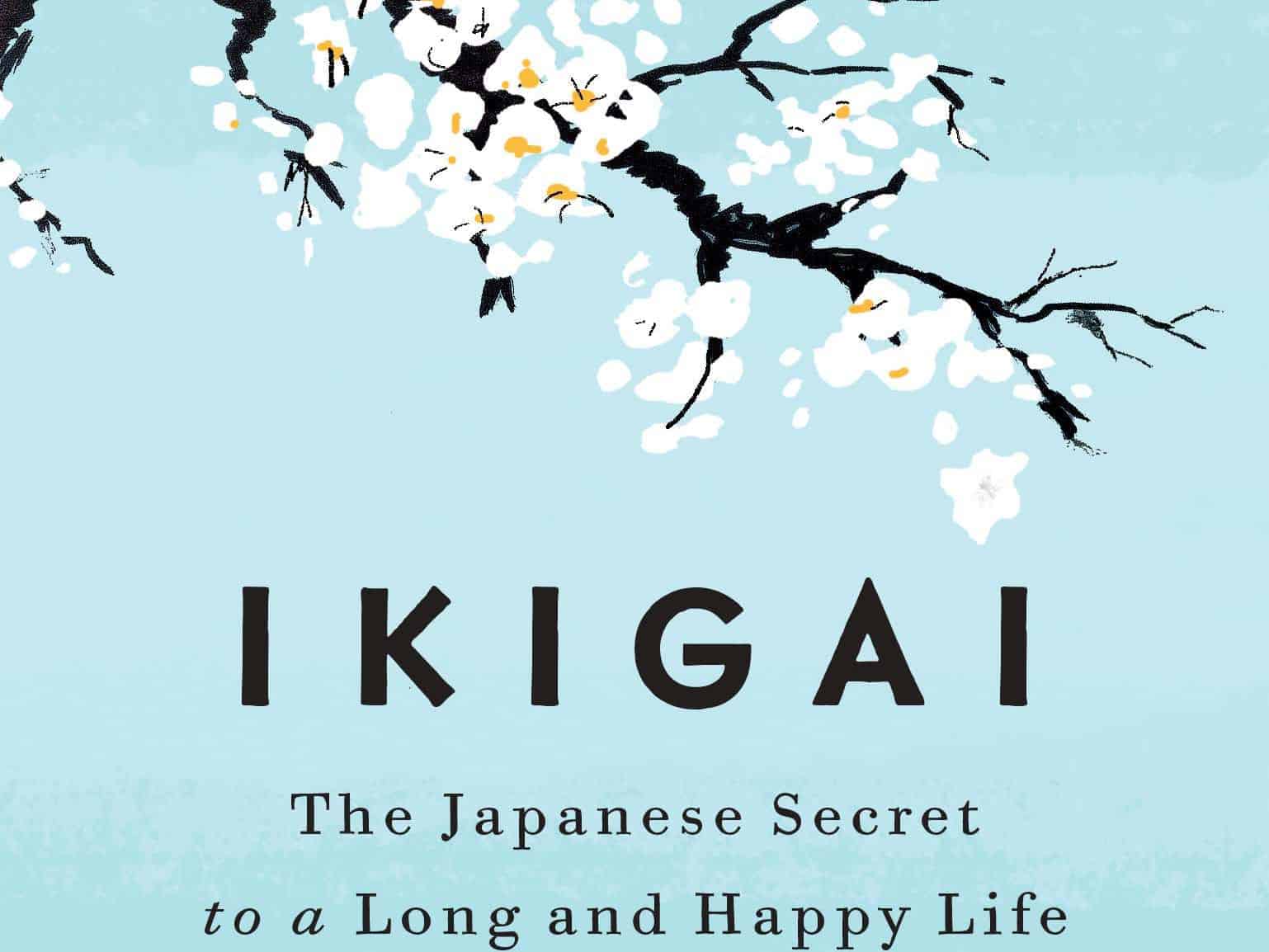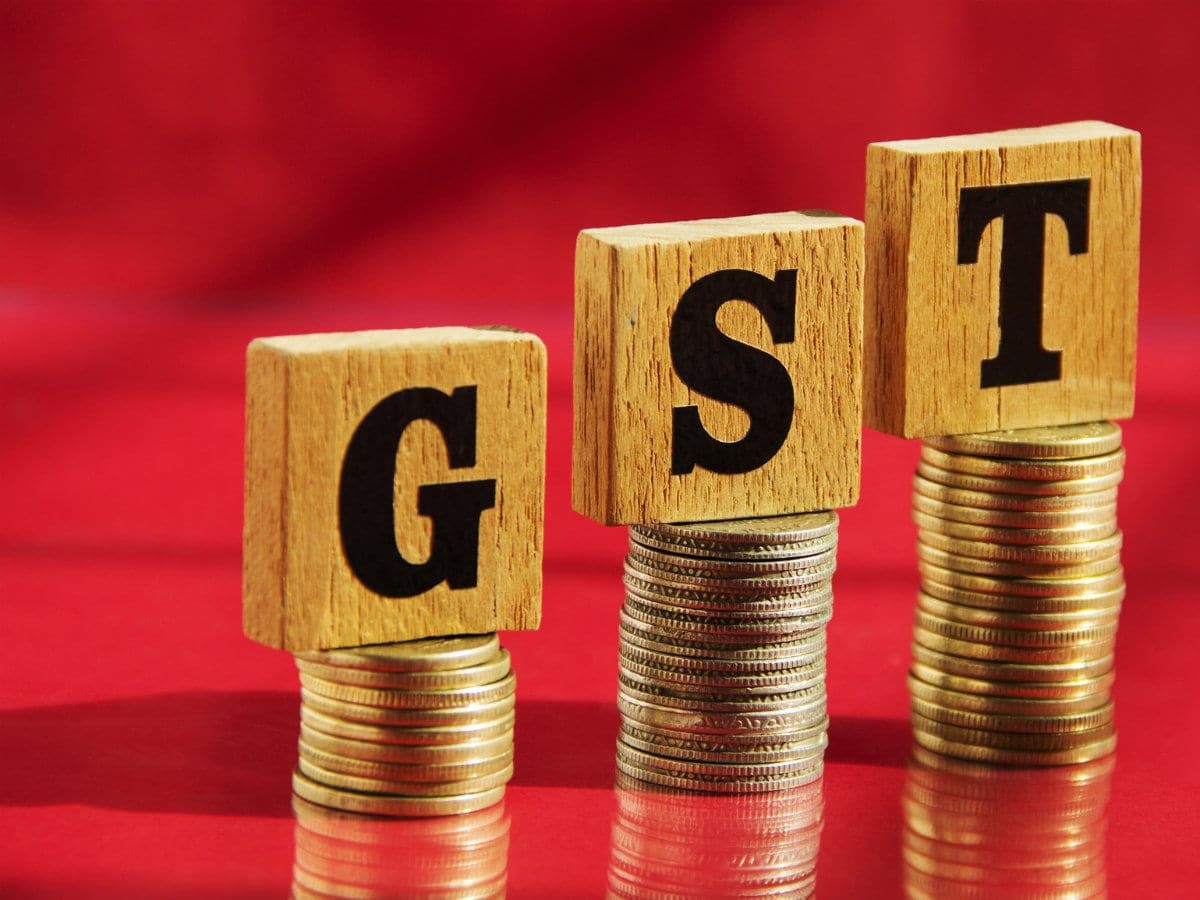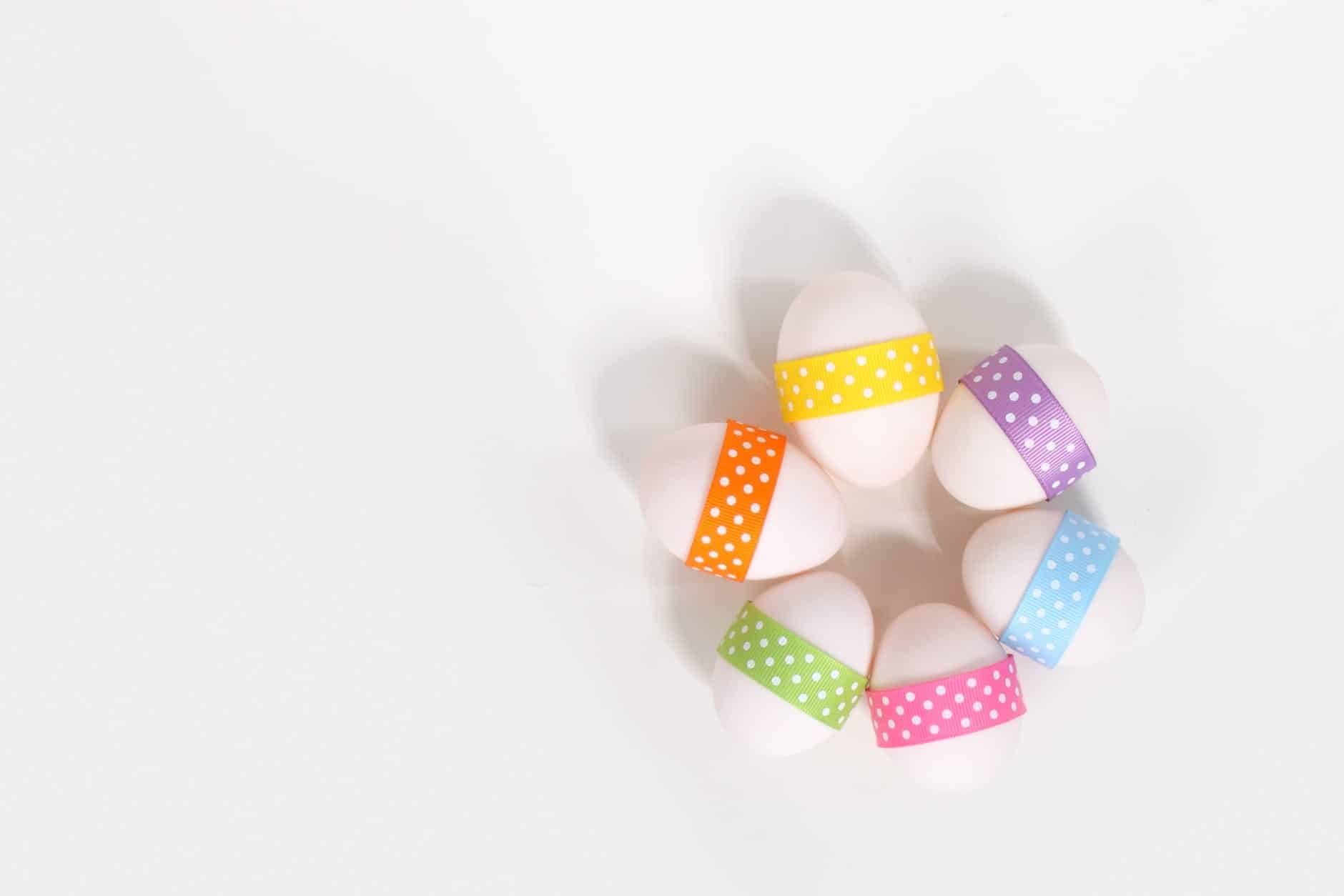Every person needs to balance life and work in one way or another. One of the best ways to achieve that is by adopting what the Japanese call Ikigai. In this article, we will share with you a practical explanation of Ikigai.
At the end of the article, you will get to know the basics of the Japanese idea of finding your life’s goals. It also serves as a fantastic coaching tool.
What is the meaning of Ikigai?
There are certain places on the planet where people are known to live longer than those who live in other parts of the world. According to author Dan Buettner, these places are called the blue zone.
Japan and, more particularly the Okinawa Island are some of the world’s blue zones. Some of the factors that play essential roles in the vitality and health of residents of the Okinawa Islands are to have a life goal and rather an Ikigai.
So, apart from eating healthy and living in a healthy environment, ikigai is a Japanese concept that plays an essential role in aging healthily.
The reason for this is that your Ikigai makes it possible to have a favorable view of the future and to be expectant even when you are dealing with difficulty at the moment.
Ikigai Diagram
‘Ikigai’ is a Japanese concept that simply put, means ‘your reason to get out of bed in the morning.’ In French, it is called ‘raison d’être.’
Ikigai is a combination of the words ‘iki‘, which means life or living, and the word ‘kai‘ (pronounced as gai), which represents value, effect, result, or usefulness.
You most probably are wondering what Ikigai means. This Japanese concept is simply about finding that real thing that makes you wake up every morning and get out of bed. Ikigai has a French phrase known as ‘raison d’être.’
Ikigai is made up of two different Japanese words, which are Iki, meaning life or living.
What Exactly is ‘ikigai’?
Ikigai is the center where your mission, passion, calling, and career meet. This concept can best be described by the overlapping circles of a Venn diagram.
An Ikigai diagram has four circles, and they represent:
- What you are good at
- What you love
- What you are/could be paid for
- What the world needs
The center of the Venn diagram where the four circles meet is the point where you find your ‘ikigai.’
How to apply your ikigai?
The only way for you to apply your ‘ikigai’ is to do the work it takes to find it, and identify what it is for you. For a lot of people knowing your, Ikigai requires a broad search of the individual’s self first.
But if you are ready to make a start at understanding your ‘ikigai,’ the best place to begin is by making a personal Venn diagram.
Fill the circles of your preferred words, pictures, ideas, or sentences that, for into the ‘You are good at it,’ ‘You like it,’ ‘The world needs it,’ and finally, ‘You are paid for it.’
Make attempts to answer questions such as: What touches you?; What makes you tick?; What are you good at?; What is that unique talent that you have, and which can you go further to develop?;
What is that thing that you can do that is useful to others?; Is there anything special that you can contribute to the world or larger society?; What is that change that you would like to bring about in today’s world?
Once you have drawn the diagram, look for that natural overlap of the circles in your chart. Take a closer look at the full picture and spot the connections. Take your time if you are going to do the Ikigai thing.
Have an open mind and give impulses and ideas a chance. That is the only way your Ikigai can be clear to you.
Advantages of having an Ikigai
As you may already feel, the idea of having an Ikigai is quite clear, and so are the advantages. It is what gives you a purpose and a reason to look forward to every other day. Enjoying and loving the work you do, finding a meaning for your existence.
When you combine this with a healthy way of life and healthy eating, you will begin to age healthily without putting in too many efforts.
Ikigai example
In a fast-changing world like the one we live in, more and more individuals are in search of a way to combine what they are passionate about and their talents to create a positive impact on society. That is mostly what ‘ikigai’ is all about.
Some people who make great examples for those practicing their ‘ikigai’ on a daily basis are Arjan Vergeer and David de Kock from 365 days successful. These two people aim to make the Netherlands the world’s happiest country, and the way they aim to achieve that is by helping other people get the best of themselves every day of their lives.
In summary
‘Ikigai’ is not a common word that most people can boast of knowing about. However, it is gaining more popularity as people are beginning to seek healthier ways to live.
Ikigai is a Japanese concept that is all about finding your goal in life, which is basically a reason why you get out of bed every morning. Your ‘ikigai’ is not to difficult to find.
It is basically about the point where several standard aspects of life come together, namely what you are good at, what you love, what the world needs and finally, what you can be paid for.
This means that your Ikigai is the spot where your passion, craft, mission, and your calling intersect. Ultimately, the key to finding your ‘ikigai’ is mostly a deep search for yourself.
The conclusion
What do you think? Are you confident that you have found your Ikigai, or you are on a journey to finding it? Whatever your answer is, make sure you don’t stop when it comes to giving your life meaning.
Has this article been of help to you? Let us know in the comments below.









